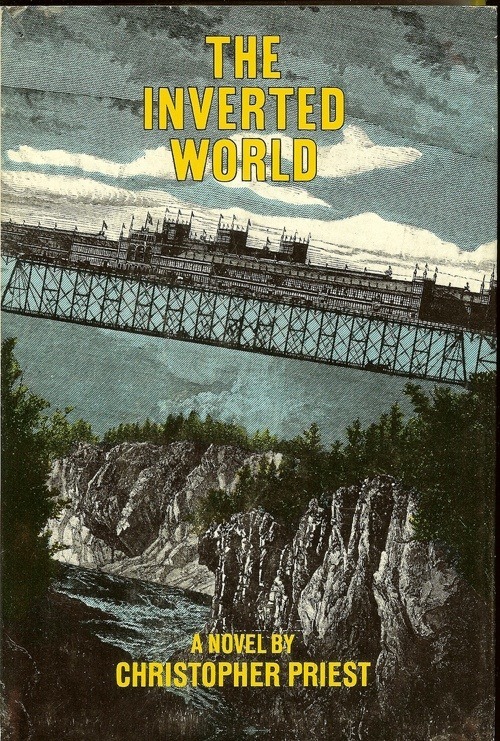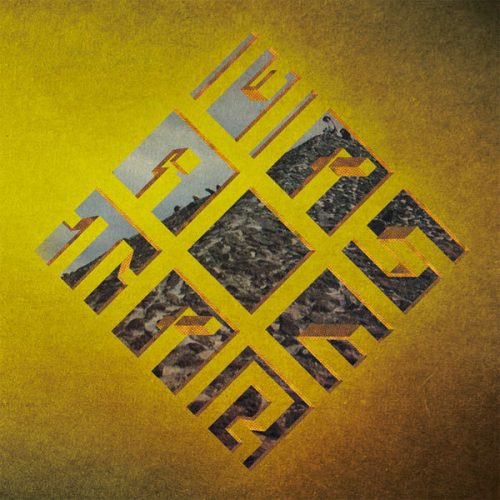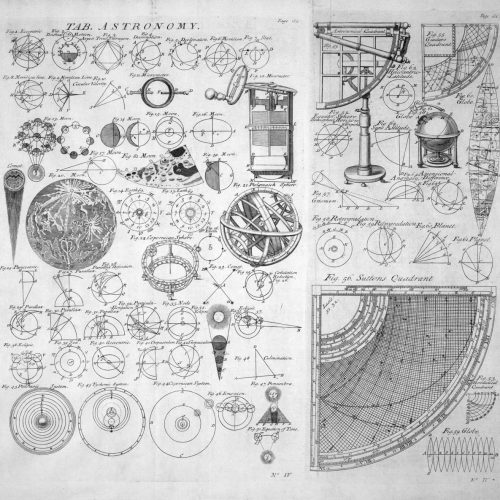Truth, Sir, is a profound Sea, and few there be that dare wade deep enough to find out the bottom on’t. Besides, Sir, I’m afraid the Line of your Understanding mayn’t be long enough.
They have also ascribed divinity, and built temples to mere accidents and qualities, such as are time, night, day, peace, concord, love, contention, virtue, honour, health, rust, fever, and the like; which when they prayed for or against they prayed to, as if there were ghosts of those names hanging over their heads, and letting fall or withholding that good or evil for or against which they prayed. They invoked also their own wit by the name of Muses, their own ignorance by the name of Fortune, their own lust by the name of Cupid, their own rage by the name of Furies, their own privy members by the name of Priapus; and attributed their pollutions to Incubi and Succubæ: insomuch as there was nothing which a poet could introduce as a person in his poem which they did not make either a god or a devil.
Ms. John Soda – “Elusive”
No P. Or D.
This old (2002) album is still my favorite of Ms. John Soda’s; others I’ve listened to have continued the sound, but the well-crafted lap-pop of “Misco” and “Elusive” is as fresh today as it was nearly 10 years ago, and the rest of the album is still solid. I like the little fade-out on this one, mirroring the fade-in of the first track. (insound)
Table of Astronomy, Cyclopedia (original)
The Inverted World (Christopher Priest, 1974)

The progenitors of science fiction had more right to call it “speculative” than the technobabblers of today who flinch at the apparently derogatory term sci-fi. Novels like Frankenstein, The Invisible Man, and 20,000 Leagues Under The Sea showed how man and the world would naturally react given the novel stimulus of an impossibility turned possible. Change one thing and watch events play out naturally with normal people, with the narrative usually some distance past the actual change. Now it seems that authors change everything but the stories; switch up everything in the universe and watch the old familiar thriller play out as it has for hundreds of years. Having learned nothing about The Inverted World before reading it, I wasn’t sure which to expect. As it turns out, it’s among the best examples of the old sci-fi I’ve ever read.
It won’t do to discuss the plot, though it’s not much of a spoiler to say that the main character is a denizen of “the city,” a large complex that must be slowly moved along rails northward, to escape a mysterious danger seemingly approaching from the south.
The world building is by the numbers at first, and the writing is unremarkable (and occasionally imprecise), but competent, and dialogue is good. Slowly, the secrets of The Inverted World are revealed to both the protagonist and the reader, and the process is so incredibly compelling that I read some 200 pages in a day, then finished it off just a few minutes ago.
To describe the book further would be to spoil the fun, though there’s no twist exactly, as one finds in movies these days, but rather a logical exposition of the nature of things, and it is both fun to read and interesting to unravel. Most importantly, the problems of this book, and of the world described, are problems that can only occur within the compass of this book and world. There is very little contemporary allusion, or borrowing, or padding with long descriptions of fights and events which, while exciting, are not strictly speaking consequential to the story. This flaw hobbled The Gone-Away World, which has a cloak of grandness but loses itself in minutiae (and for the record, seems to have taken several ideas from Priest’s book).
I’ve only read a few books this quickly in my life, which is certainly a compliment, yet at the same time I never felt it was fluff (as much modern sci-fi is) or overly taxing (as Last and First Men, and Book of the New Sun are). I’ll be recommending this to all of my friends who like an occasional break from contemporary and traditionally-set literature.
Surveillant Society
What happens, exactly, when every individual is not only a node connected to a worldwide network, but is also able to take anything they see and cause it to be made public and (efforts are made in this direction) unable to be taken down? The consequences are complex and far-reaching, and we would do well to start thinking about them now.
Directed and shot by my good friend Mike.
The Holy Mountain
‘Tis one thing to copy, and another thing to imitate from nature. The copier is that servile imitator, to whom Horace gives no better name than that of animal; he will not so much as allow him to be a man. Raphael imitated nature; they who copy one of Raphael’s pieces, imitate but him, for his work is their original. They translate him, as I do Virgil; and fall as short of him, as I of Virgil. There is a kind of invention in the imitation of Raphael: for though the thing was in nature, yet the idea of it was his own. Ulysses travel’d, so did Aeneas; but neither of them were the first travelers: for Cain went into the land of Nod, before they were born: and neither of the poets ever heard of such a man. If Ulysses had been kill’d at Troy, yet Aeneas must have gone to sea, or he could never have arrived in Italy. But the designs of the two poets were as different as the courses of their heroes, one went home, and the other sought a home. To return to my first similitude. Suppose Apelles and Raphael had each of them painted a burning Troy; might not the modern painter have succeeded as well as the ancient, though neither of them had seen the town on fire? for the draughts of both were taken from the ideas which they had of nature. Cities had been burnt before either of them were in being.





